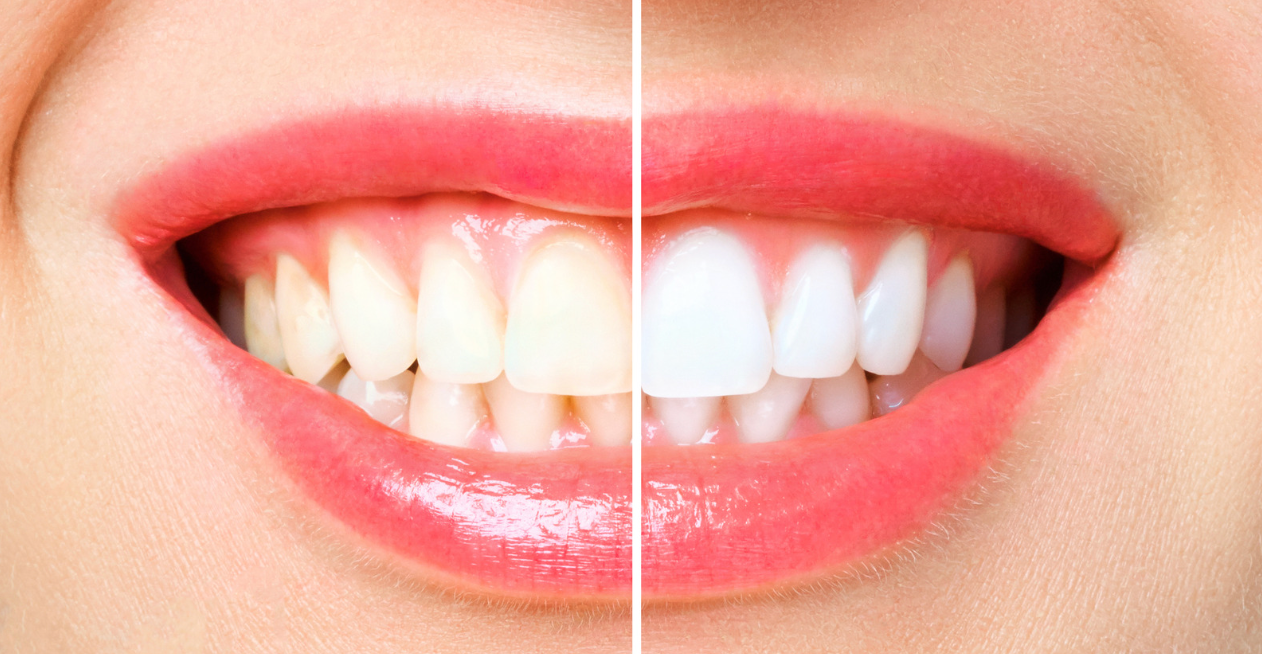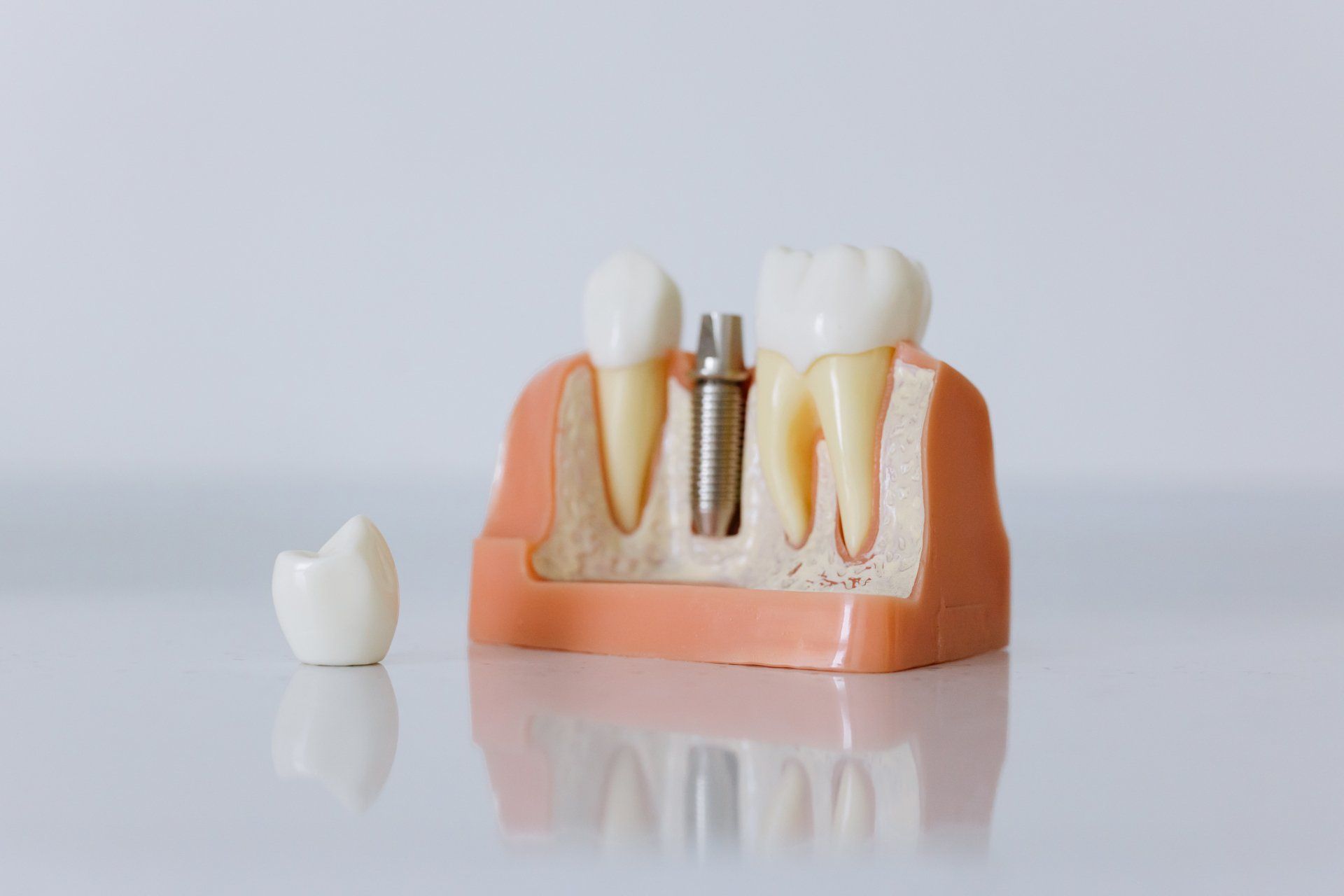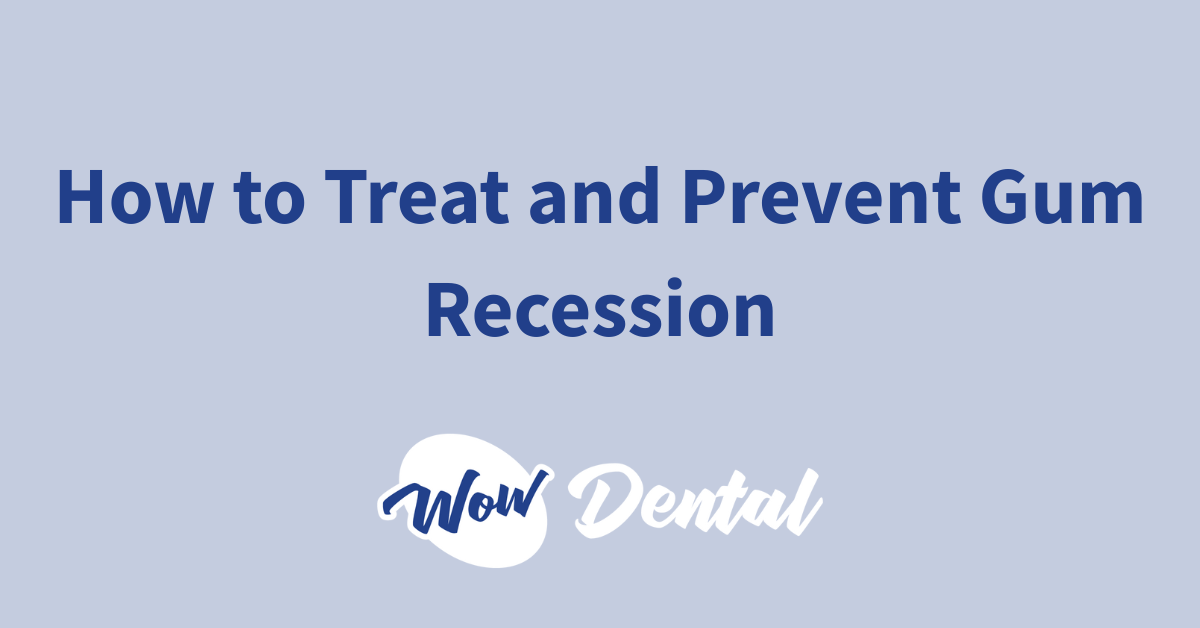Is Sleep Apnea Genetic?
Sleep apnea is a serious sleep disorder characterized by repeated interruptions in breathing during sleep. This condition can lead to a host of health problems, including heart disease, stroke, diabetes, and more. While various factors can contribute to the development of sleep apnea, one question that often arises is whether sleep apnea is genetic. At My WOW Dental
we strive to provide our patients with the latest information on health conditions that can affect their well-being. In this blog, we'll explore the genetic factors involved in sleep apnea and what you can do if you have a family history of this condition.
Understanding Sleep Apnea
Sleep apnea primarily comes in two forms:
- Obstructive Sleep Apnea (OSA): This is the most common type, caused by the relaxation of throat muscles, which leads to a blocked airway during sleep.
- Central Sleep Apnea (CSA): This type is less common and occurs when the brain fails to send proper signals to the muscles that control breathing.
Genetic Factors in Sleep Apnea
Research has shown that genetics can play a significant role in the development of sleep apnea. Here are a few ways genetics can influence this condition:
- Family History: If sleep apnea runs in your family, you may be at a higher risk of developing the condition. Studies have found that having a close relative with sleep apnea increases your chances of having it as well.
- Inherited Traits: Certain physical traits that can contribute to sleep apnea, such as a narrow airway, large tonsils, or a deviated septum, can be inherited from your parents.
- Obesity: Genetics can also influence body weight and fat distribution, both of which are significant risk factors for sleep apnea. Individuals with a genetic predisposition to obesity are more likely to develop sleep apnea.
- Ethnicity: Certain ethnic groups have higher rates of sleep apnea. For example, African Americans, Hispanics, and Pacific Islanders are at a greater risk, which may be linked to genetic and anatomical differences.
The Role of Environment and Lifestyle
While genetics play a crucial role, environmental factors and lifestyle choices also significantly impact the development and severity of sleep apnea. These include:
- Weight: Maintaining a healthy weight through diet and exercise can reduce the risk of sleep apnea, even if you have a genetic predisposition.
- Smoking and Alcohol Use: Smoking and excessive alcohol consumption can increase the risk of sleep apnea. Quitting smoking and moderating alcohol intake can improve your sleep quality.
Sleep Position: Sleeping on your back can exacerbate sleep apnea symptoms. Adjusting your sleep position can help alleviate some of the airway obstructions.
Diagnosing and Managing Sleep Apnea
If you have a family history of sleep apnea or exhibit symptoms such as loud snoring, daytime fatigue, or observed pauses in breathing during sleep, it’s essential to seek medical advice. A sleep study, conducted in a sleep lab or at home, can diagnose sleep apnea.
Treatment options include:
- CPAP Therapy: Continuous Positive Airway Pressure (CPAP) therapy is a common and effective treatment that uses a machine to keep your airway open during sleep.
- Lifestyle Changes: Losing weight, quitting smoking, and reducing alcohol intake can significantly improve sleep apnea symptoms.
- Oral Appliances: Dental devices designed to keep the airway open can be beneficial for some patients. At WOW Dental, we can help fit you with a custom oral appliance.
- Surgery: In severe cases, surgical options such as uvulopalatopharyngoplasty (UPPP) or maxillomandibular advancement (MMA) may be considered.
Why Early Detection of Sleep Apnea Matters
Sleep apnea doesn’t just affect your rest—it can have serious long-term effects on your overall health. Left untreated, it increases the risk of high blood pressure, heart disease, stroke, and diabetes. It can also lead to chronic fatigue, memory issues, and difficulty concentrating. If you or a loved one experience symptoms like loud snoring, gasping for air during sleep, or excessive daytime sleepiness, seeking a professional evaluation is crucial. Early diagnosis and treatment can improve your sleep quality and protect your long-term well-being.
Take Control of Your Sleep Health
At My WOW Dental, we are dedicated to helping our patients understand and manage conditions that affect their overall well-being. If you have concerns about sleep apnea or any other health issues, our experienced and friendly team is here to assist you. Don’t hesitate to reach out for more information or to
schedule an appointment.
References
- American Sleep Apnea Association
- National Institutes of Health
- Mayo Clinic












